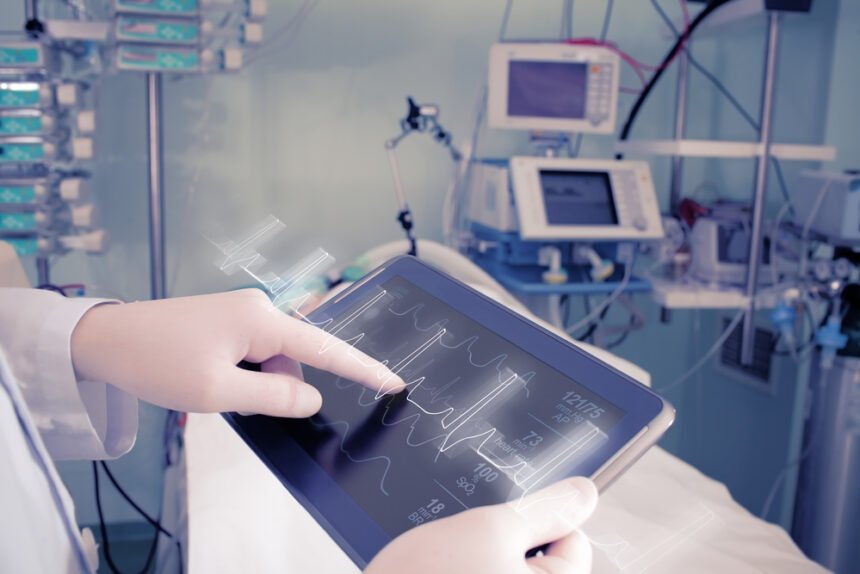Medical professionals are constantly making new advancements in the medical field. Every day, new studies and trials come out that increase the world’s collective understanding of human health and how to increase our quality of life. In the coming year, there are a few events expected to occur that will take the field of medicine beyond where it has been before and make the world a better place. Of course, there can be setbacks, so even if these events are expected to happen soon, that does not mean that they necessarily will, there could always be unforeseen difficulties, but here are four medical advancements we can hope to see in the coming year and beyond.
European Database for Medical Devices
EUDAMED is a service exclusive to medical professionals that facilitates the exchange of information between the European Commission and international authorities on medicine. The goal of the service is to ensure that people around the world can always receive proper medical care regardless of the laws that govern the patient’s place of residence. However, the European Commission has recently revealed that it is going to be delayed by two years and will now launch in May 2022. However, there is still a related advancement coming this year when the Medical Device Regulation is passed this May. This will regulate how medical device manufacturers label the products they produce and make them more traceable so that EU residents have better access to those products when they need them.
Coronavirus Cure
The recent outbreak of the current strain of coronavirus in China has taken the internet by storm recently. Internet users are comparing this outbreak to the black plague. However, scientists are currently working day and night to find a cure for this coronavirus. Trials have already begun not only using newly formulated cures but also using known cures for other diseases such as SARS, MERS, and even HIV. Trials are showing varying amounts of success, but researchers are hoping that the virus will be curable within a few months. Some scientists are hoping that the usage of cures for other diseases will open the door into new research regarding broad-spectrum medications, which are medications that can be used to treat many diseases instead of only one specific strain.
Treatment for Peanut Allergies
Peanut allergies are one of the most common food allergies in the world, and they are often the most serious as well. Parents of children who are allergic to peanuts must be excruciatingly cautious of everything their child comes into contact with in case it has peanuts in it. In a recent study at Stanford, however, doctors began introducing minuscule strains of peanuts into patients diagnosed with peanut allergies and slowly building up the patients’ tolerance until their systems were able to withstand an amount equivalent to a full peanut. The trial was successful in more than three-quarters of patients and severely lessens the worry people with peanut allergies have to go through when presented with trace amounts of peanuts in everyday life.
Genetic Engineering
While not a brand new development, as we enter the coming decade, genetic engineering in humans, plants, and animals has the potential to change the world. Companies like CRISPR hope to use the genetic engineering technology they have developed to both treat and cure diseases and create more nutritious food for the human race moving forward. At the end of 2019, CRISPR began its first trials on humans. The first people experimented on were people who were nearly blind in hopes of returning their sight. The results are not out yet, but the scientists are optimistic. Even if the trials don’t turn out exactly right, they will still be able to learn a lot from their first human experimentation. Technology keeps advancing faster and faster as time moves on, and it doesn’t seem to be slowing anytime soon. This decade is sure to bring technological advancements bigger than we can even imagine in all fields of science, even beyond medicine. For now, all the general public can do is speculate and look on as scientists, researchers, and medical professionals do their work to make sure that we can live better, happier, and healthier lives.







